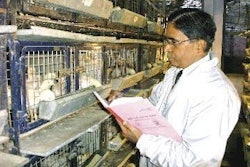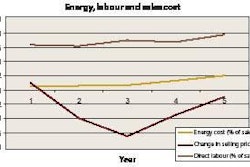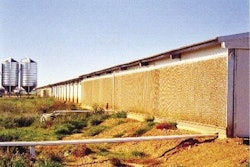The outbreaks in Kunar were in backyard poultry and in turkeys in Nangarhar, which borders Pakistan. Confirmed cases continued there and Kabul (backyard poultry) with 17 cases reported by 12 March.
The Afghan government embarked on an extensive campaign of culling and vaccination in farms and backyard flocks, but ran out of funds and applied to the World Bank for US$1 million in assistance. World Bank and Avian and Human Influenza Trust Fund (World Bank’s facility to curb spread of bird ‘flu) had already jointly pledged US$13 million over three years.
H5N1 was confirmed in the Damaan district and the Shah Wali Kot district of Kandahar province (in southern Afghanistan and bordering Pakistan) where lack of security seriously hampers government attempts to control spread of the disease.
In a virtually unprecedented request, WHO asked ordinary Afghans to stop buying and selling live birds. “To prevent transmission of avian influenza in Afghanistan, we are recommending that persons residing in Kabul, Nangarhar and Kunar provinces avoid live bird markets until no disease has been reported for several months, because avian influenza can spread to humans in contaminated dust and feathers of infected birds,” said the WHO statement. They also urged Afghan bird-lovers to refrain from petting and touching their birds.
Whether people will or can abide by these recommendations is doubtful, given the central economic and cultural roles played by poultry and pet birds in Afghan society.
Over 50 percent of the country’s 25 million people live below the poverty line (less than US$2/day). They are particularly vulnerable to outbreaks of H5N1 because chickens and eggs play are a ‘life-line’ for poor rural communities who keep many backyard flocks not registered with the government.
With restriction and bans on backyard poultry and live/wet markets now in place or under discussion in Indonesia, Egypt, Thailand, Nigeria and Hong Kong and China could we be seeing beginning of the end for backyard birds and live bird markets?


















